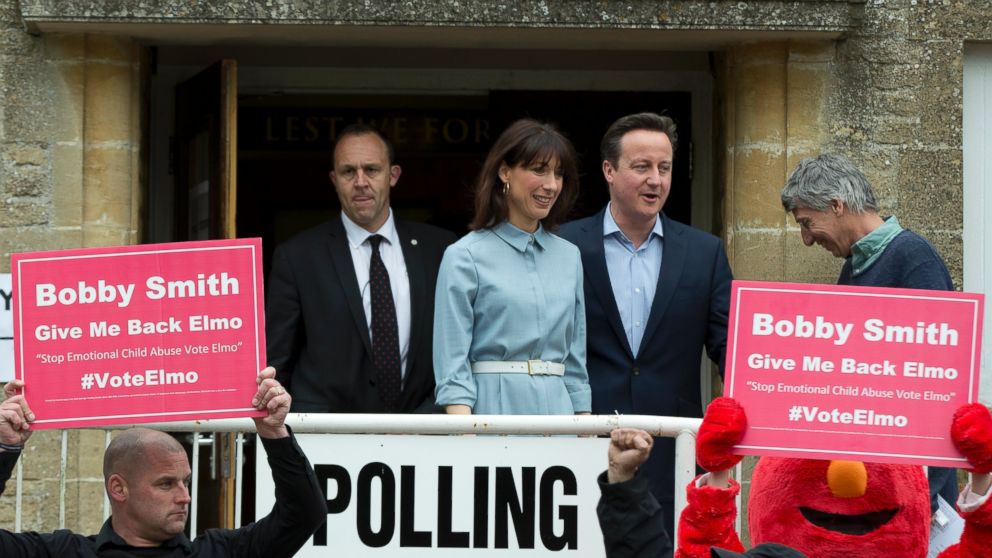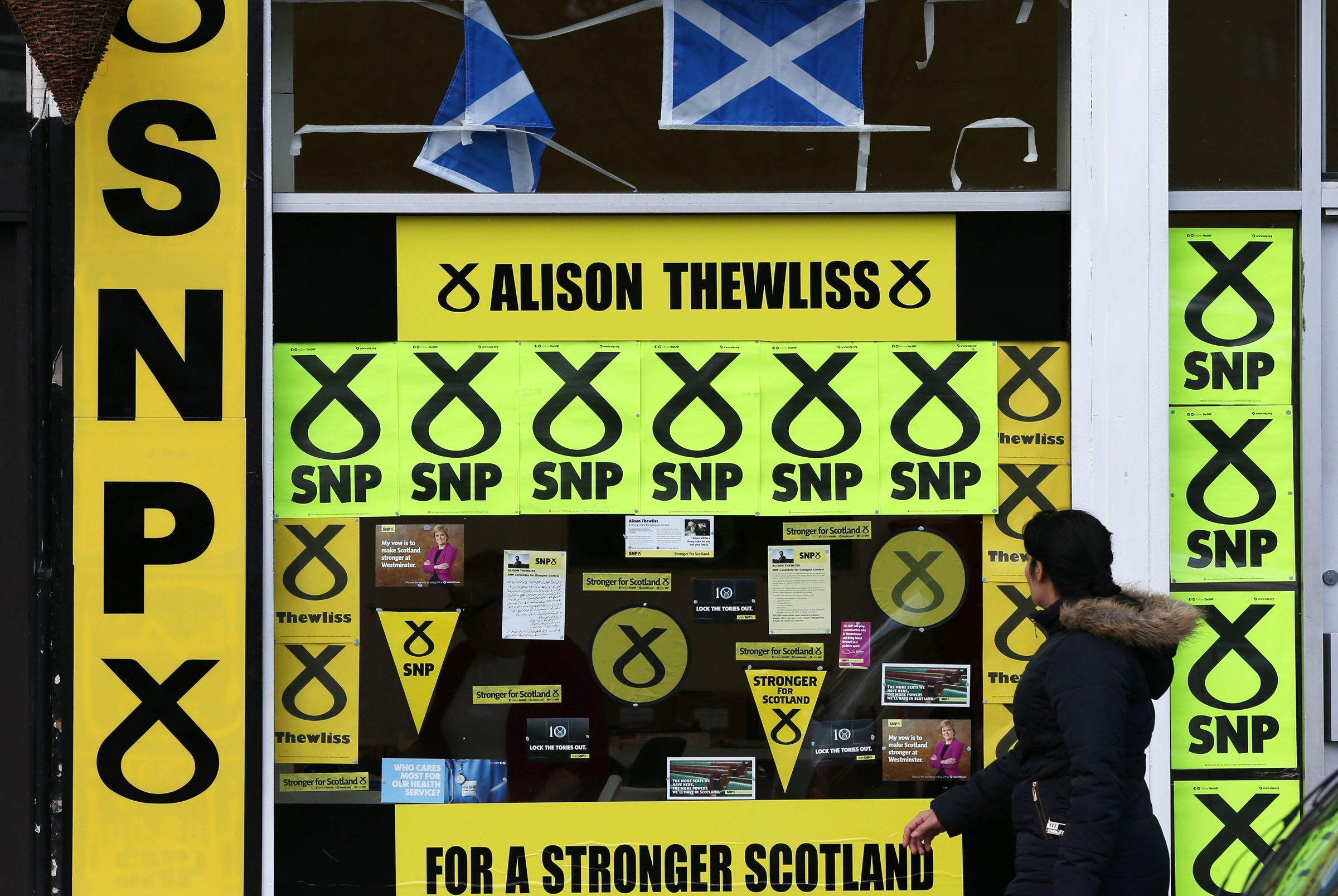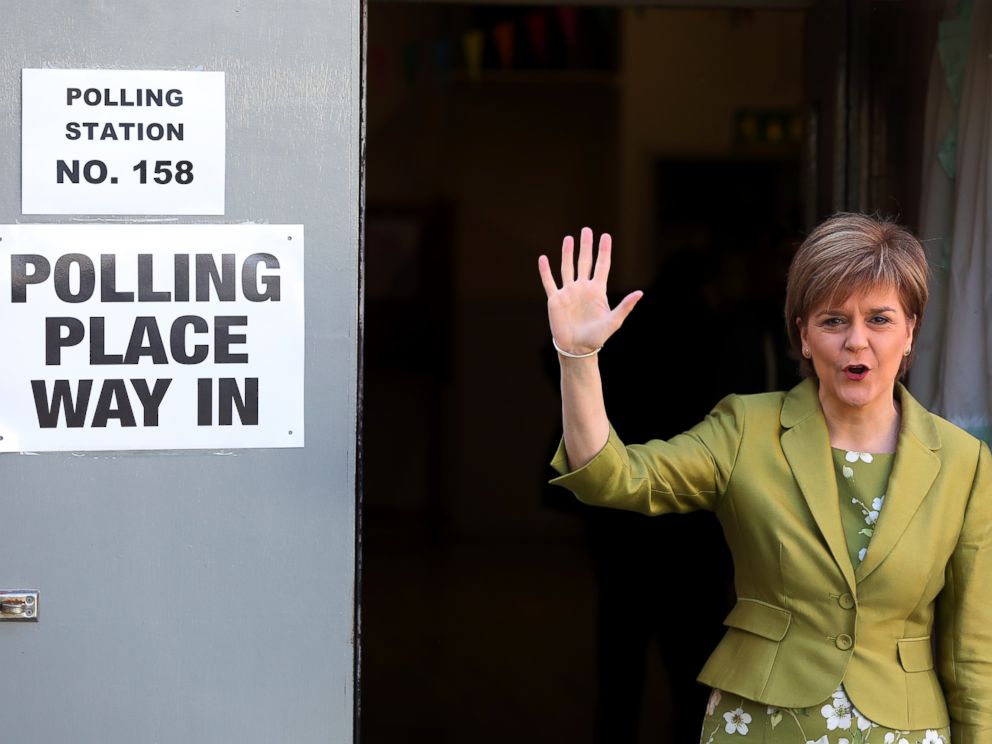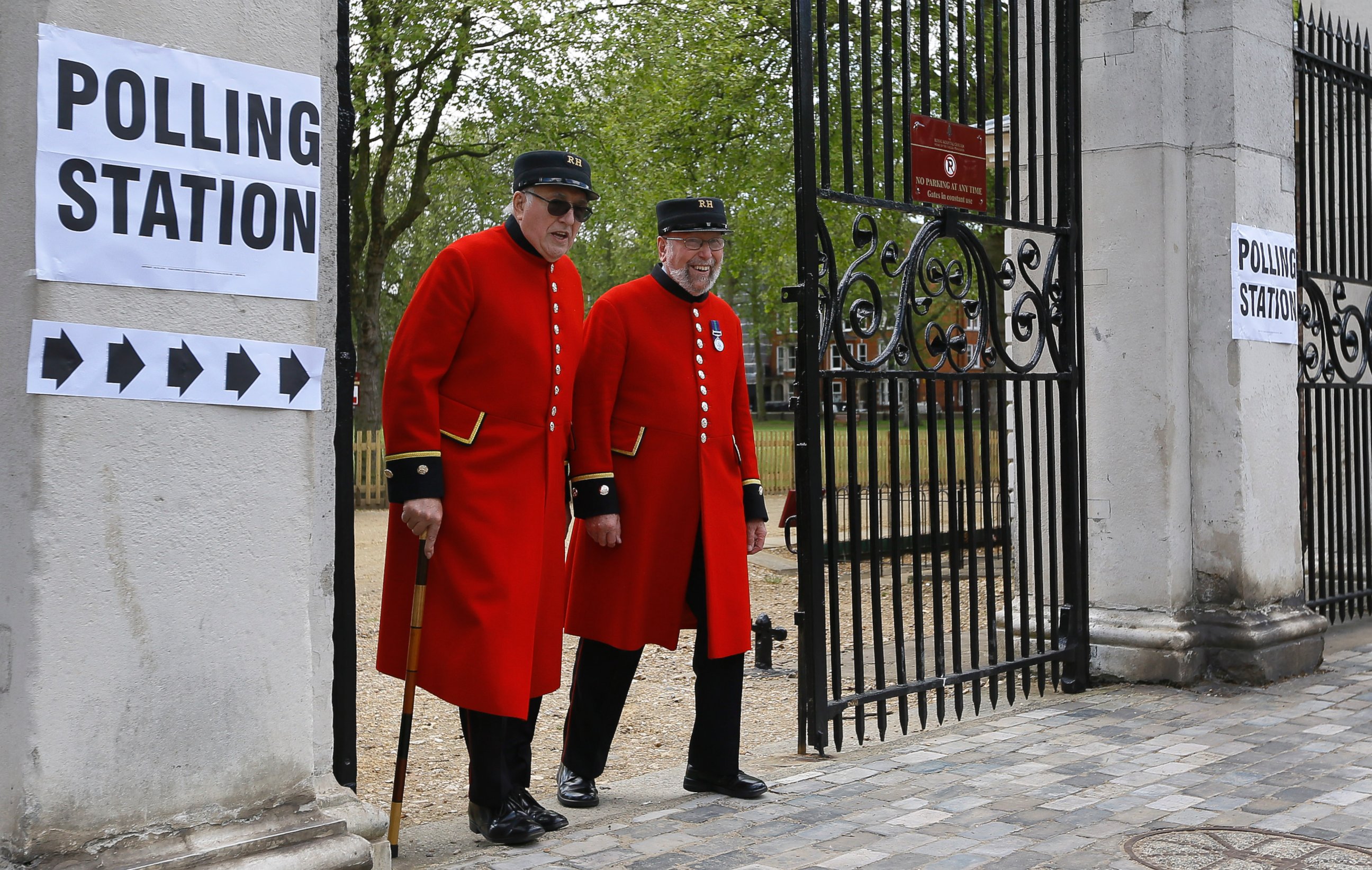Why Americans Should Care About Domestic, Foreign Implications of British Elections
A primer on today's voting and the ripple effects.

LONDON— -- "It is in America’s interest to have a stable United Kingdom,” Nile Gardiner, an aide to former British Prime Minister Margaret Thatcher, wrote in a column last week describing why Americans should care about today’s elections in the world’s fifth largest economy.
Analysts across the political spectrum predict the election results will affect foreign policies as well as domestic policies, with the main concerns for the United States being: a possible boost to Scottish and other national independence movements in the U.K., a possible referendum on the U.K.’s European Union membership and a possible reduction of the U.K.’s nuclear program.
WHY SHOULD AMERICANS CARE?
The Conservatives, now in power with Prime Minister David Cameron, and the increasingly popular United Kingdom Independence Party want a referendum that would decide whether Britain remains part of the E.U. But such a referendum could create uncertainty in the relationship between the United States and E.U., Joe Twyman, head of political and social research at Britain’s public opinion research firm YouGov, told ABC News, because the U.K. is often a bridge between European countries and America.
Another issue of concern for Americans is the future of Britain's nuclear program, analysts say. The Scottish National Party, which has gained many supporters from the left, is strongly opposed to nuclear weapons and wants to scrap the U.K.’s Trident nuclear missile system. Doing so would potentially lessen NATO’s capabilities when facing Russia.
"If the Scottish National Party form a coalition with Labour, they’ll push for removal of the Trident nuclear missile system," Twyman said, adding, "I don’t think that would eventually happen, but it could.”

Twyman calls this significant because Britain remains a permanent member of the United Nations Security Council and because of its special relationship with the United States.
“An inward-looking Britain that scales back its defenses, reduces its international commitments and is less powerful economically can only weaken the United States on the world stage,” Nile Gardiner wrote last week in the column in CapX.
WHO ARE THE CONTENDERS?
Election results in the U.K. used to be fairly predictable. The choice was between Conservatives and Labour. But the rise of smaller parties has made the 2015 elections unpredictable.
Today, British people will vote for one parliament member in their constituency (geographical district), each of whom represents a party. Most contenders come from the Conservative and Labour parties, closely followed by the Liberal Democrats. Other contenders come from the Scottish National Party, the U.K. Independence Party and a dozen smaller parties.

The Conservative Party, led by David Cameron since 2005, is Britain's main center-right party. The BBC describes it as traditionally standing for free trade, private enterprise, individual liberty, low taxation and strong defense. The Labour Party, led by Ed Miliband since 2010, is Britain's main left-wing party. “It has moved towards the center ground in recent decades but wealth redistribution and social justice remain key aims,” the BBC reported.
The Liberal Democrats, led by Nick Clegg since 2007, “is a mix of the Liberal Party, which stood for free trade and individual liberty, and the Social Democratic Party, a centrist offshoot of the Labour Party.”
The Scottish National Party, led by Nicola Sturgeon, has national independence and the reduction of the U.K.’s nuclear program as core beliefs. The U.K. Independence Party, led by Nigel Farage, has campaigned for Britain's withdrawal from the E.U. and cuts to immigration.
HOW DO THE ELECTIONS WORK?
A party can win a majority and form a government if it wins 326 seats. There are 650 overall. If a party wins a majority, the queen invites its leader to form a government the day following the election.
If no party wins a majority of votes, there is what Britain calls a "hung parliament": The party with most votes can either form a minority government -- but history shows those usually do not last -- or form a coalition with a smaller party.

THE MECHANICS OF A COALITION
The increased popularity of smaller parties over recent years means a coalition government is likely.
The current government elected in 2010 is a formal coalition between Conservatives and Liberal Democrats. In this election, however, there could be an informal deal where two parties agree to support each other on a bill-by-bill basis. To form a coalition, parties need to find enough common ground by agreeing to abandon some policies.
While Prime Minister Cameron has the first go at forming a new government, other party leaders can work on making their own deals at the same time. There is no official time limit on forming a coalition but the real test will be the queen’s speech May 27 when she lays out the government’s proposed agenda in Parliament. Her speech is followed by a debate and a vote that determines whether the government is fit to rule.
If a hung parliament is announced Friday, Cameron will be entitled to stay on as prime minister until a deal is made before the queen’s speech.


